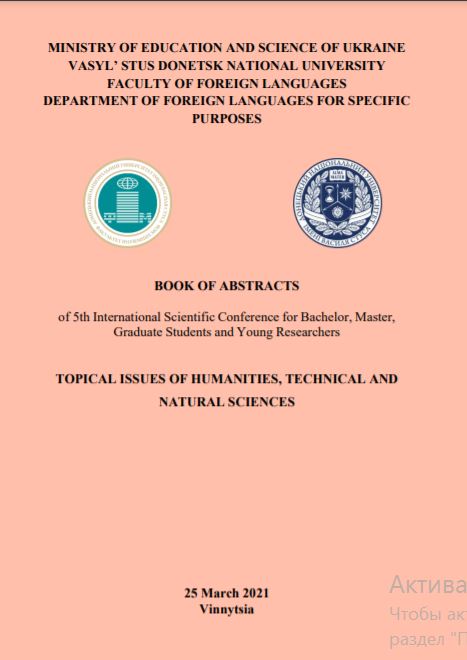Means and forms of cultural diplomacy
Abstract
Cultural diplomacy is implemented through various means and forms of foreign policy. Being in the context of globalization, it influences on the views of the average person in world politics and public opinion, the individual gradually becomes a conditional carrier of cultural diplomacy, the highest value, the criteria for assessing certain events. Such transformations are facilitated by the widespread use of modern technical means of communication, the ability to receive an unlimited amount of information and communicate with almost anyone in real time. Together with the democratic tendencies of free will, the right to peaceful assembly, and the exercise of freedom of speech, the necessary conditions for integrated cultural development are being created.
References
Ширяев Б. А. Внешняя политика США. Принципы, механизмы, методы : курс лекций / Б. А. Ширяев. СПб. : Издательство С.- Петербург. университета, 2007. 442 с.
Shiryaev B. A. Vneshnyaya politika SShA. Printsipy, mekhanizmy, metody [US foreign policy. Principles, mechanisms, methods] : kurs lektsiy / B. A. Shiryaev. SPb. : Izdatelstvo S.-Peterburg. universiteta, 2007. 442 s. [in Russian].
Jora L. New Practices and Trends in Cultural Diplomacy / L. Jora // Political Science and International Relations. 2013. Vol. 10, no. 1. P. 43–52.
Ryniejska–Kiełdanowicz M. Cultural Diplomacy as a Form of International Communication : Finalist Paper. 2009. Retrieved from: http://www.instituteforpr.org/wp-content/uploads/Ryniejska_Kieldanowicz.pdf
Uminska-Woroniecka A. Cultural diplomacy in international relations theory and studies on diplomacy / A. Uminska-Woroniecka // Actual problems of international relations. 2016. Release 127 (part ІІ). P. 4–19.
Zamorano M. M. Reframing Cultural Diplomacy: The Instrumentalization of Culture under the Soft Power Theory / M. M. Zamorano // Culture Unbound. 2016. Vol. 8, no. 2. P. 165–186.

